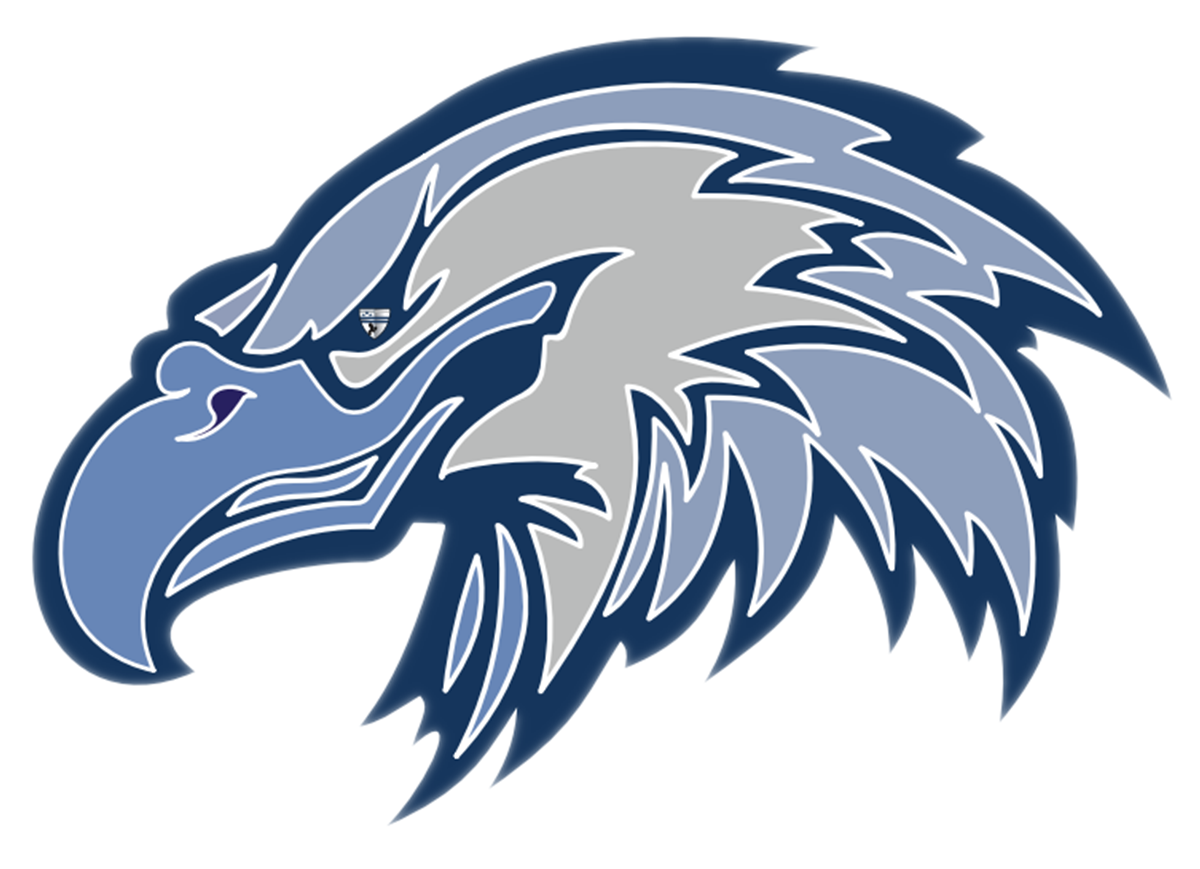Gross Motor Skills
Gross motor skills are crucial for 5-year-olds in school for several reasons:
Physical Development: Gross motor skills involve the use of large muscle groups for activities such as running, jumping, and climbing. Developing these skills contributes to overall physical health and coordination.
Social Interaction: Many gross motor activities are social in nature, such as playing games, team sports, and group activities. These opportunities help children learn to cooperate, take turns, and engage positively with peers.
Classroom Activities: Teachers often incorporate movement into learning. Skills like balancing, throwing, and catching are essential for participating in physical education, recess, and even certain classroom activities.
Motor Control and Coordination: Strong gross motor skills support fine motor skills, which are important for tasks like writing, using scissors, and manipulating small objects. Coordination in larger movements helps a child become more adept at smaller, more precise movements.
Cognitive Development: Physical activity has been shown to enhance cognitive functions such as attention, memory, and problem-solving skills. Movement helps facilitate brain development and can improve focus during learning activities.
Self-Regulation: Engaging in physical activities can help children learn to manage their energy levels and emotions. It provides an outlet for pent-up energy, promoting better self-regulation and concentration in the classroom.
Confidence and Self-Esteem: As children develop their gross motor skills, they gain confidence in their physical abilities. Success in physical activities can lead to increased self-esteem and a positive attitude toward physical challenges.
Listed below are fine motor skills that students are expected to have mastered before entering kindergarten:
Ascend/descend stairs
Carrying, packing, and unpacking a backpack
Carrying/holding a tray/lunchbox
Opening/closing doors
